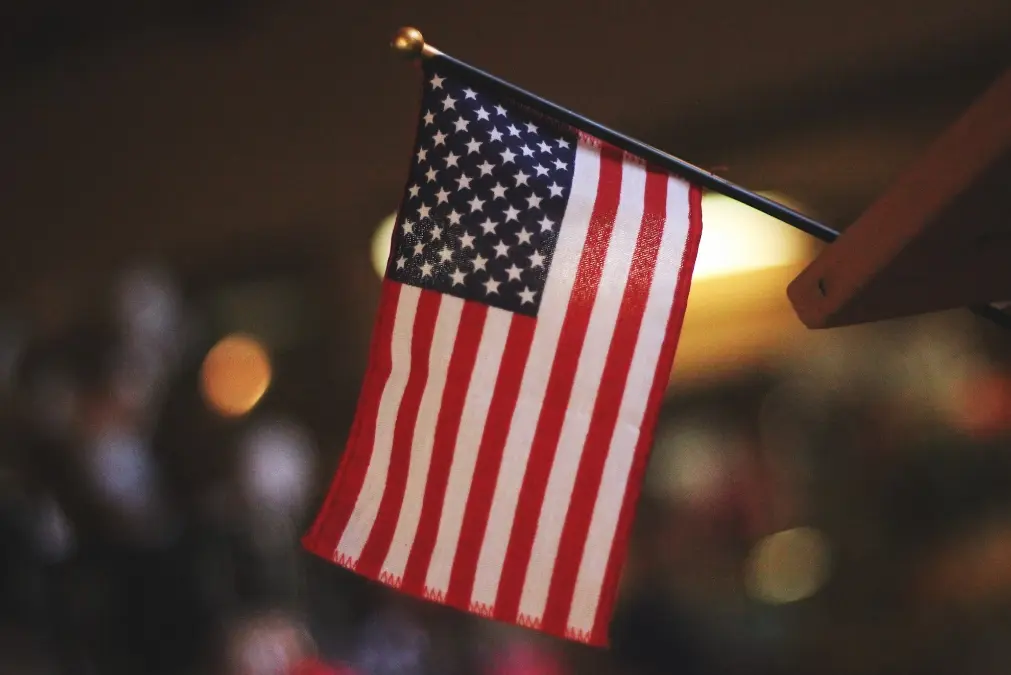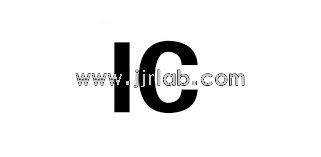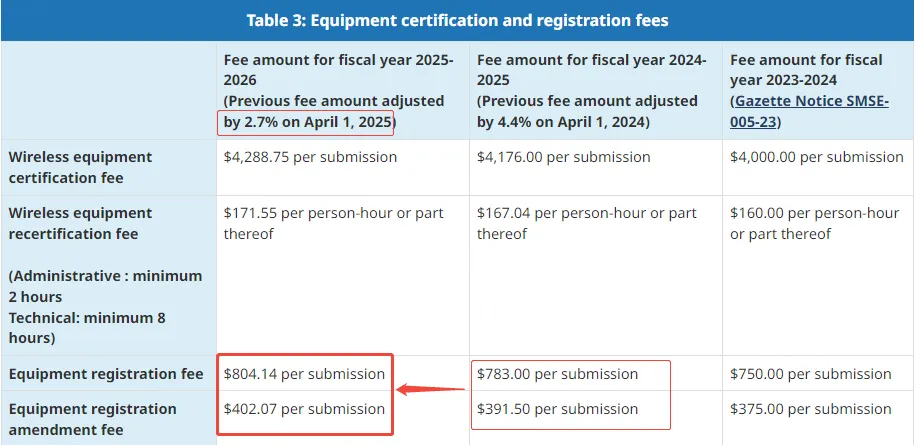
What is the IEC 62133-2 test report?
The iec 62133-2 test report is an international standard for the safety of rechargeable batteries. It specifies the requirements for battery safety design, manufacturing, operation, and mechanical testing. This standard is developed and maintained by the International Electrotechnical Commission (IEC).

The IEC 62133-2 test report is divided into two parts:
1. General requirements for portable sealed secondary batteries and battery packs containing alkaline or other non-acidic electrolytes.
2. Specific requirements for lithium-ion batteries.
Part 1: General Requirements for Portable Sealed Secondary Batteries and Battery Packs
The IEC 62133-2 test report covers general requirements for all types of batteries coveRED by the standard. This includes requirements for lithium battery materials, design, construction, labeling, production, inspection, testing, and transportation.
Part 2: Specific Requirements for Lithium-Ion Batteries
The IEC 62133-2 test report includes specific requirements for lithium-ion batteries. This test report is a mandatory requirement for many battery certifications, such as UL certification.
Therefore, lithium battery manufacturers must submit a test report issued by an ISO 17025 accredited laboratory to demonstrate that their lithium-ion batteries meet the standard's requirements.
IEC 62133 applies to the following types of batteries:
1. Lithium-ion battery products
2. Alkaline lead-acid batteries
3. Nickel-cadmium batteries
4. Alkaline nickel-metal hydride batteries
iec 62133-2:2017 tests cover the following aspects:
1. Design Requirements
Design must consider safe operation and prevent risks such as short circuits, overcharging, and overheating.
2. Material Requirements
The materials used in battery construction must be fit for the intended use and comply with applicable safety standards.
3. Production Requirements for Cells and Battery Packs
The manufacturing process of lithium batteries and battery packs must be controlled to ensure the finished product meets safety operation standards.
4. Transport and Storage Requirements
Lithium batteries must be properly packaged and labeled to ensure safe transport and storage.
5. Safety Tests and Measurement Methods
The standard defines several safety tests that must be performed on lithium batteries and battery packs.
The safety tests in the IEC 62133-2 test report include:
1. InsULation and wiring (battery);
2. Charging procedures for testing purposes (battery and packs);
3. Constant voltage charging (battery);
4. Plastic casing stress at high ambient temperature (battery);
5. External short circuit (battery);
6. External short circuit (battery);
7. Free fall (battery and packs);
8. Thermal abuse (battery);
9. Crushing (cell);
10. Overcharging (battery);
11. Forced discharge (battery);
12. Transportation tests (cell);
13. Design assessment—forced internal short circuit (battery).
These tests are used to evaluate risks associated with battery use. Additionally, the standard specifies measurement methods.
Requirements for obtaining the IEC 62133-2 test report include:
1. The minimum capacity of an 18650 battery must be 2.0 Ah.
2. The battery voltage must not exceed 4.2 V.
3. The battery must withstand a short-circuit current at least three times its capacity.
4. The battery must also withstand overcharge current at least 2.5 times its capacity.
5. An external short circuit protection device must be present.
6. The battery must be able to withstand a compression test of at least 10 kPa.
7. The battery must pass a drop test from at least 1 meter.
After successfully completing these tests, the 18650 battery is certified and can be used in various devices.
Battery Instructions and Warnings:
Lithium-ion battery products must include instructions and warnings necessary for safe usage.
JJR Testing offers battery-related testing and certification services:
un 38.3 test for transport and battery transport:
1. Thermal test
2. Altitude simulation
3. Shock test
4. Impact test
5. Vibration resistance
6. External short circuit
7. Overcharge
8. Forced discharge
Tests for portable sealed secondary batteries used in portable applications according to IEC 62133-1 safety requirements – Part 1: Nickel systems.
Tests for portable sealed secondary batteries used in portable applications according to IEC 62133-2 safety requirements – Part 2: Lithium systems.
IEC 60086 Primary battery testing
Testing of industrial batteries according to IEC 62619
ul 1642 Lithium battery testing
IEC 61960-3 Testing of prismatic and cylindrical lithium secondary batteries and batteries made from them
Testing according to customer-specific requirements
cb certification (e.g., according to IEC 62133)
Email:hello@jjrlab.com
Write your message here and send it to us
 How Does a Product Get an Energy Star Label
How Does a Product Get an Energy Star Label
 Is ROHS part of UL the same
Is ROHS part of UL the same
 What is Protection Class EN 60529?
What is Protection Class EN 60529?
 IP69 Certified Protection
IP69 Certified Protection
 California Energy Commission Testing Lab
California Energy Commission Testing Lab
 What Does the Canadian IC Mark Mean?
What Does the Canadian IC Mark Mean?
 How Much is the Canada IC ID Certification cost?
How Much is the Canada IC ID Certification cost?
 How Much is the Canada IC ID Certification Fee?
How Much is the Canada IC ID Certification Fee?
Leave us a message
24-hour online customer service at any time to respond, so that you worry!




